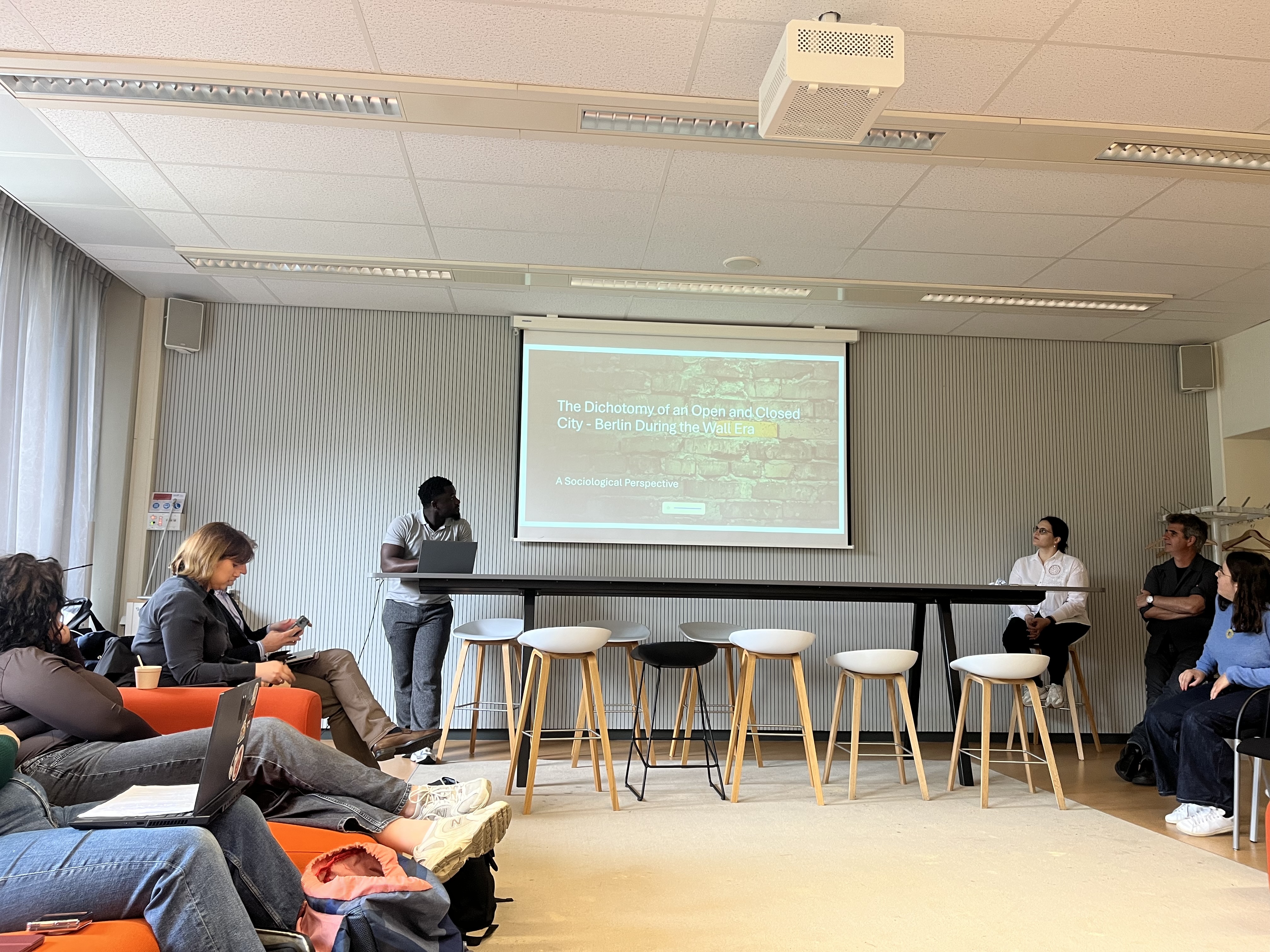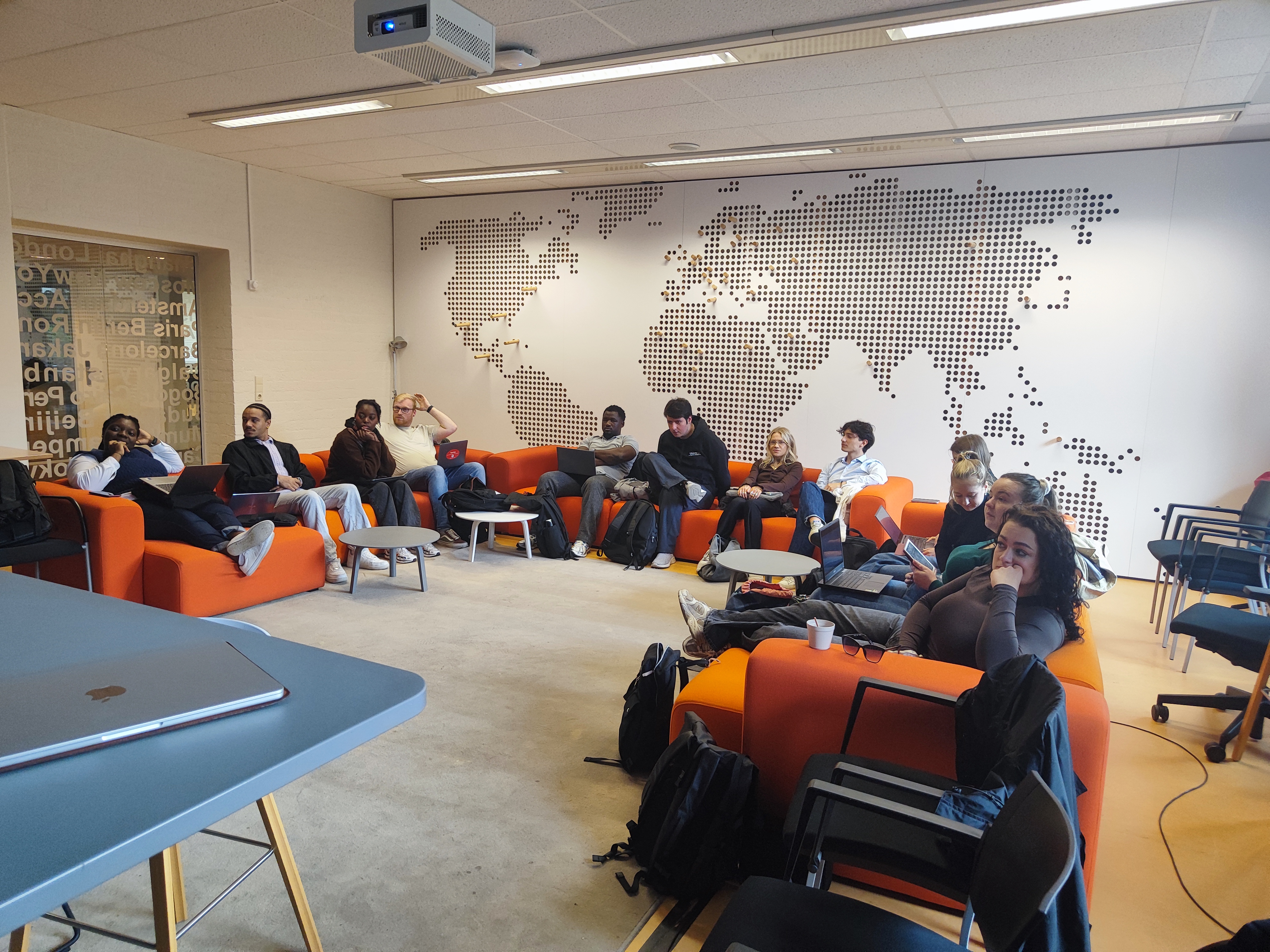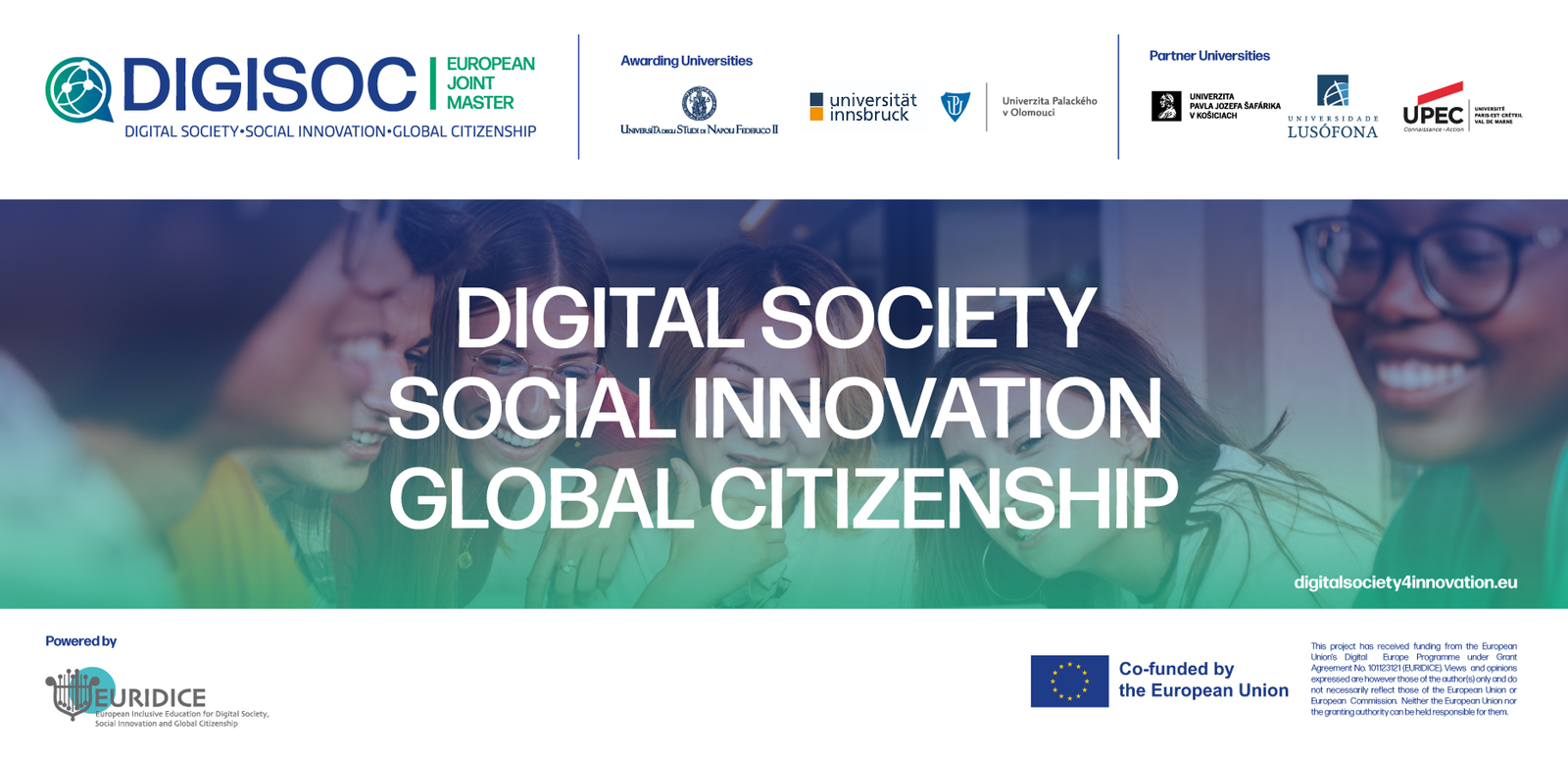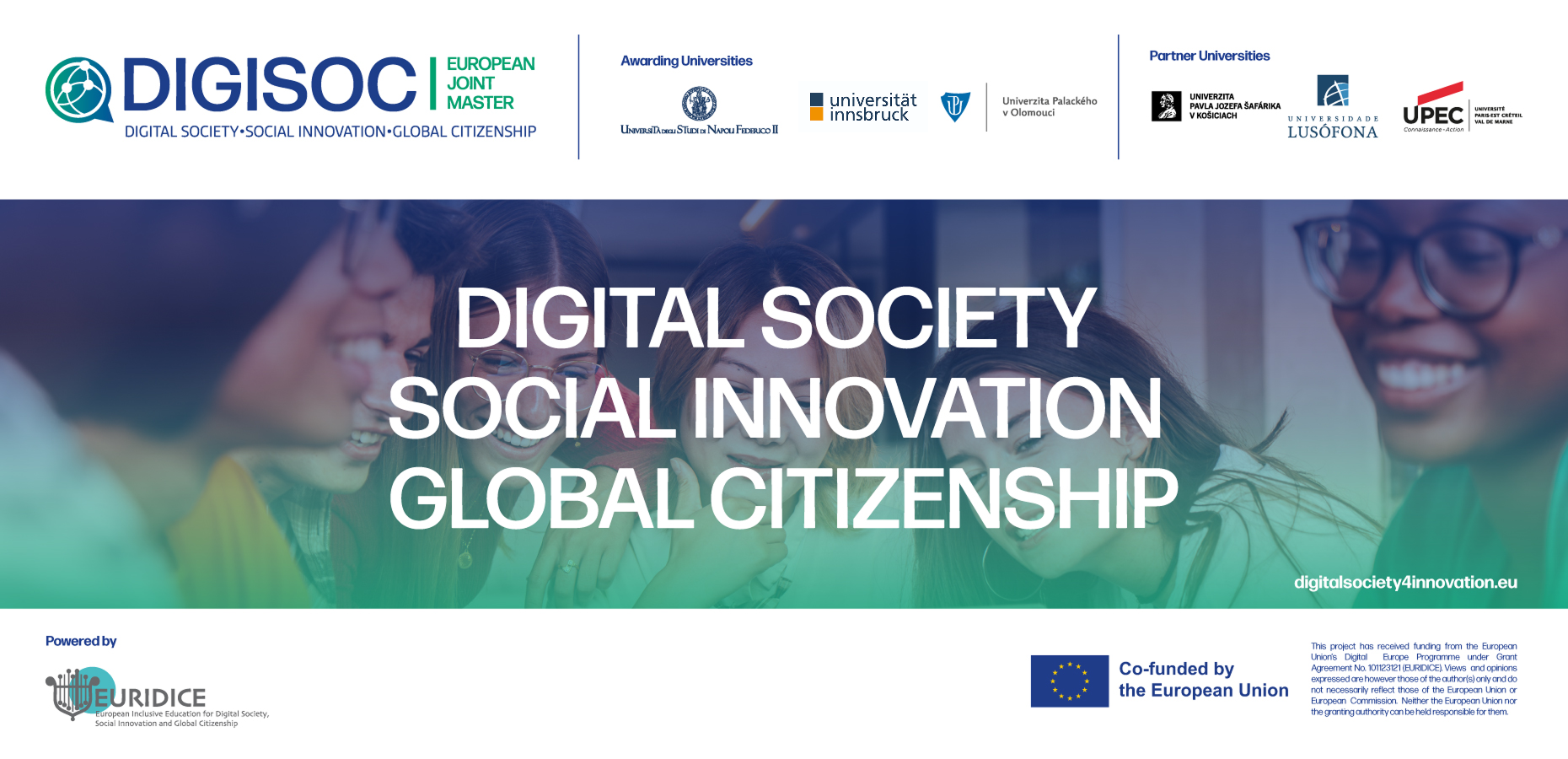Aurora PhD Training Programme Strengthens Research and Communication Skills Across Europe
A new joint PhD training programme developed by Vrije Universiteit Amsterdam and Palacký University Olomouc, as part of the Aurora 2030 Capacity Development Support Programme, is equipping researchers at Aurora associate partner universities in Central and Eastern Europe with advanced skills in research and science communication.
Hands-on Learning Across the Research Spectrum
Over several intensive sessions, participants engaged in a dynamic mix of hands-on workshops, expert-led seminars, and collaborative exercises. The training covered the full spectrum of research dissemination: from navigating academic publishing to communicating findings beyond university walls.
“It made me aware that science is not only about producing knowledge, but also about sharing it with people. The combination of learning by doing and networking made this workshop so impactful and helpful for my future career development,” said Mladen Micevski, PhD candidate at South-West University Neofit Rilski (Bulgaria).
A Comprehensive Curriculum
The programme addressed key areas of modern research practice:
- Open Science & AI in Research – Implementing open science practices and exploring the ethical use of AI.
- Mastering the Literature – Practical strategies for reviewing and synthesizing academic sources.
- From Paper to Publication – Crafting strong manuscript introductions and understanding editorial expectations.
- FAIR Data & Software – Applying FAIR principles, archiving data and code, and documenting research effectively.
- Science Communication & Visibility – Translating complex research for non-academic audiences, writing engaging blog posts, and interacting with media.
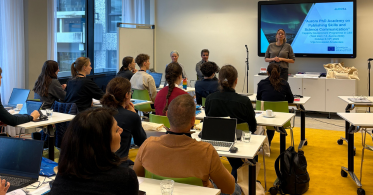
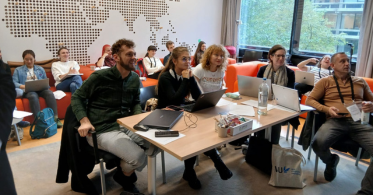
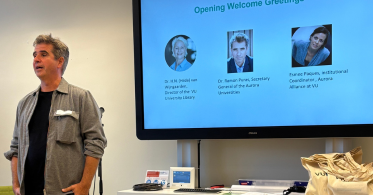
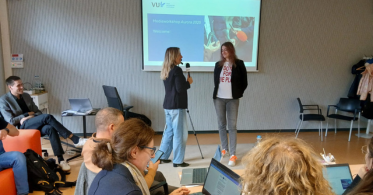
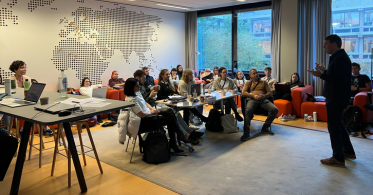
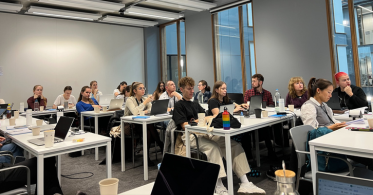
Building Connections and Peer Learning
Beyond skill development, the programme fostered a supportive peer-learning environment, connecting researchers across disciplines and institutions. Participants engaged with global experts, gaining insights into ethical publishing, open-access strategies, and storytelling in science.
“The workshop was an intensive and very engaging experience. The sessions combined theory with practical and hands-on insights on academic writing, open science, and science communication. What I appreciated most was that the workshop offered many useful hints on using digital tools for research and publication, which can be applied immediately in everyday academic work,” said Oleksandr Kryvtsov, PhD candidate at V.N. Karazin Kharkiv National University (Ukraine).
Tools to Enhance Research Impact
By the end of the programme, participants had a tailor-made toolkit to strengthen both the quality and reach of their research. The initiative not only enhanced publishing and communication skills but also advanced Aurora’s broader mission: promoting knowledge sharing, encouraging interdisciplinary collaboration, and bridging the gap between science and society.
For more details, the full programme can be found here.
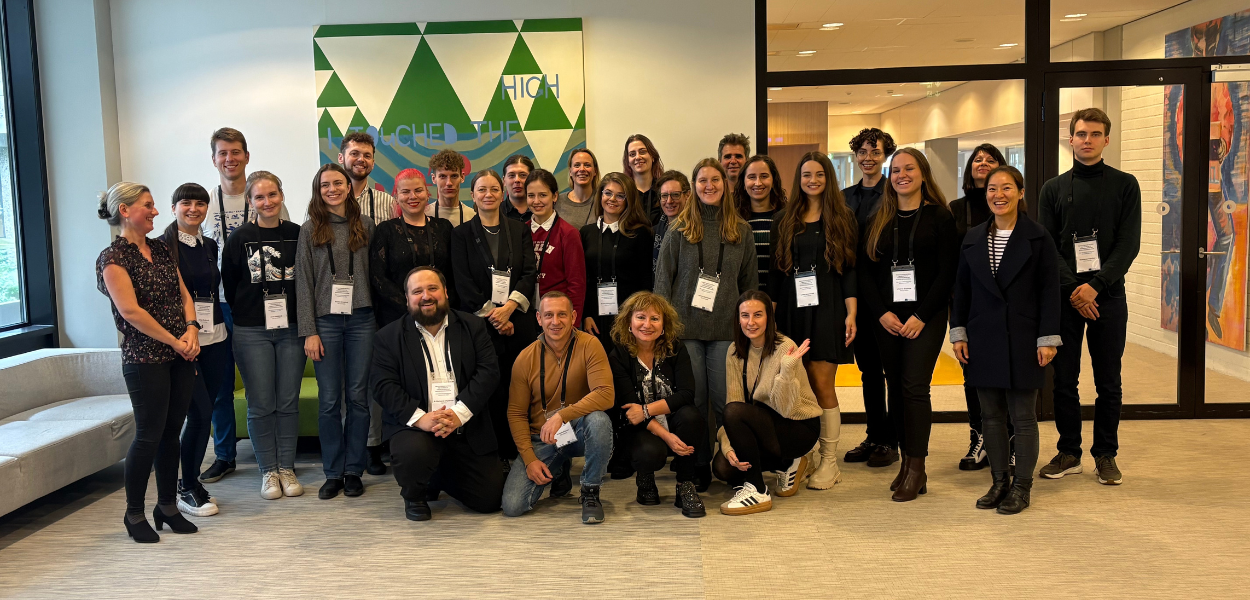
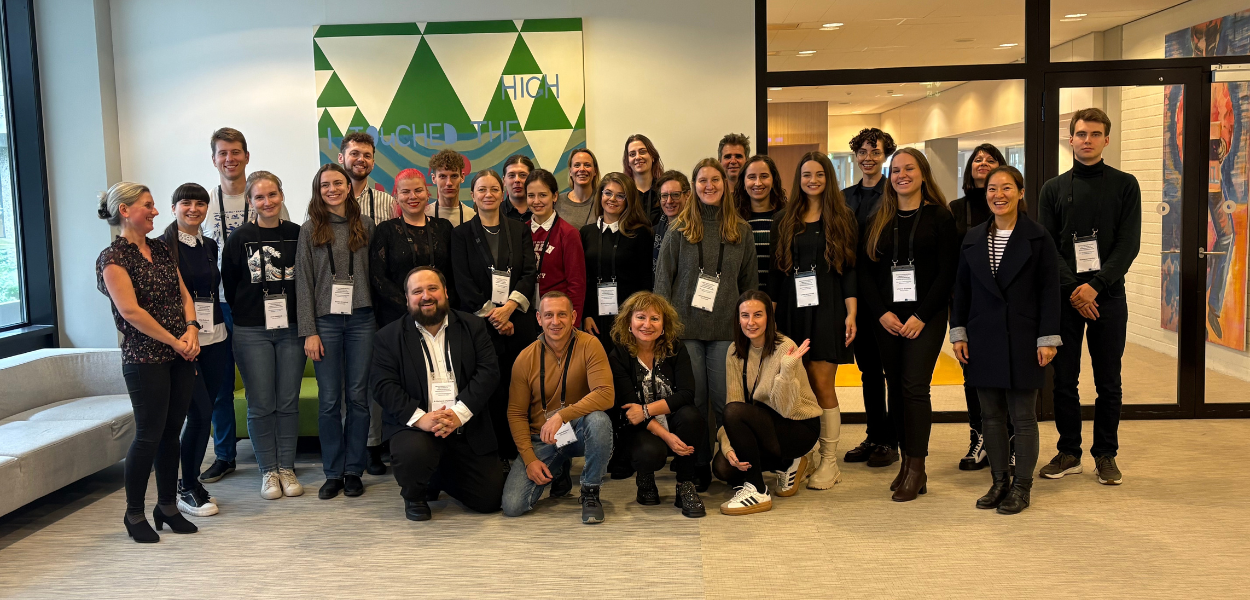
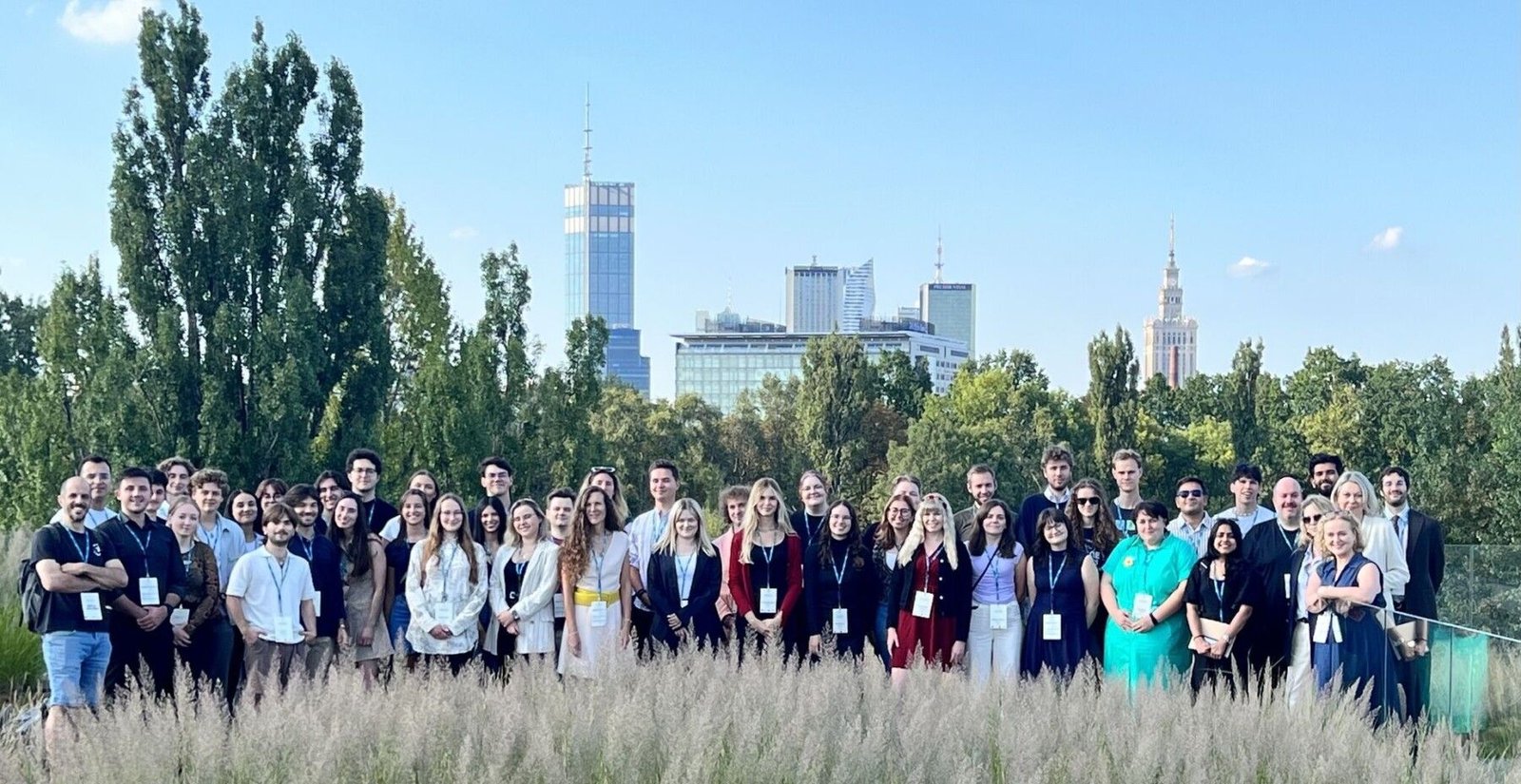
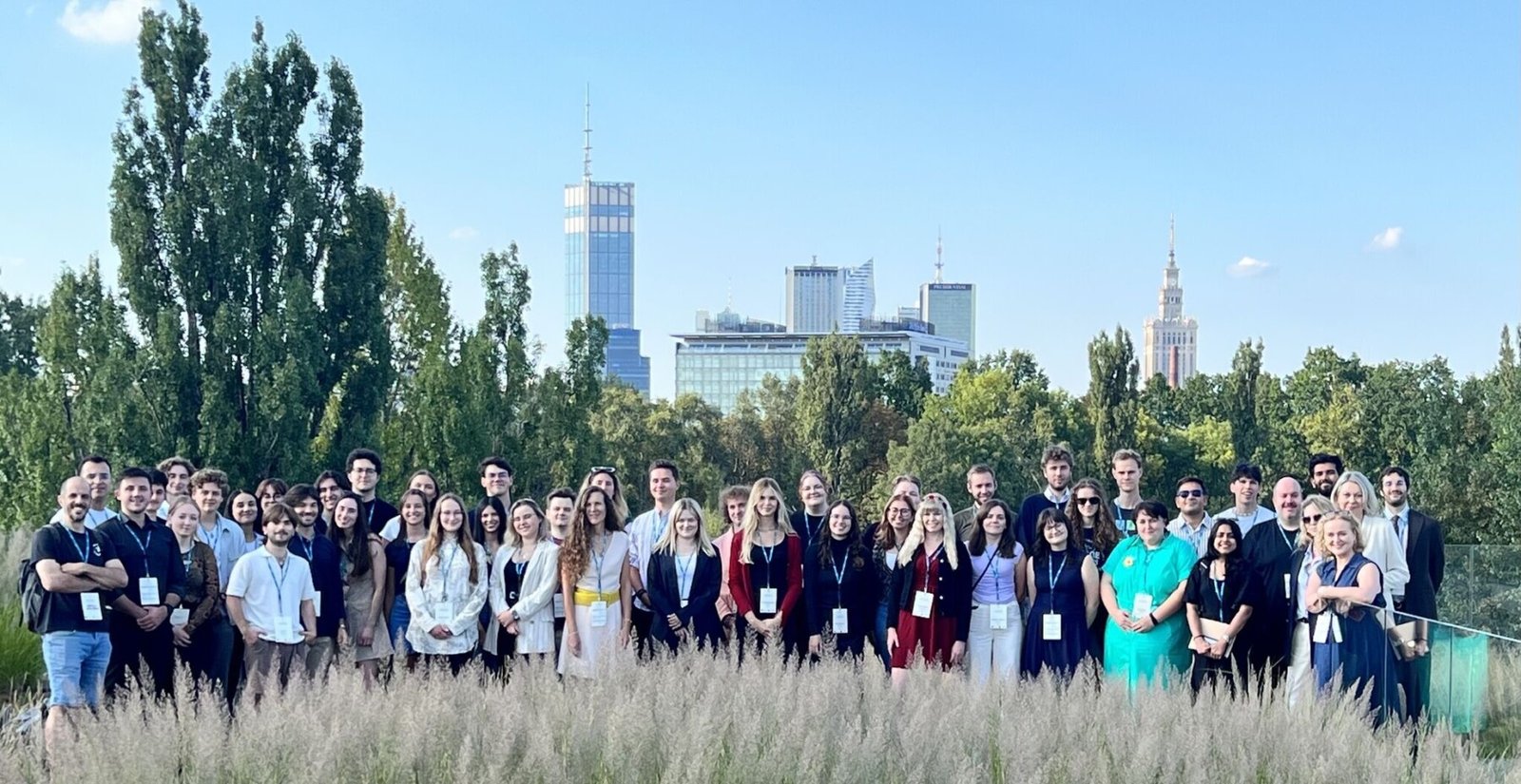




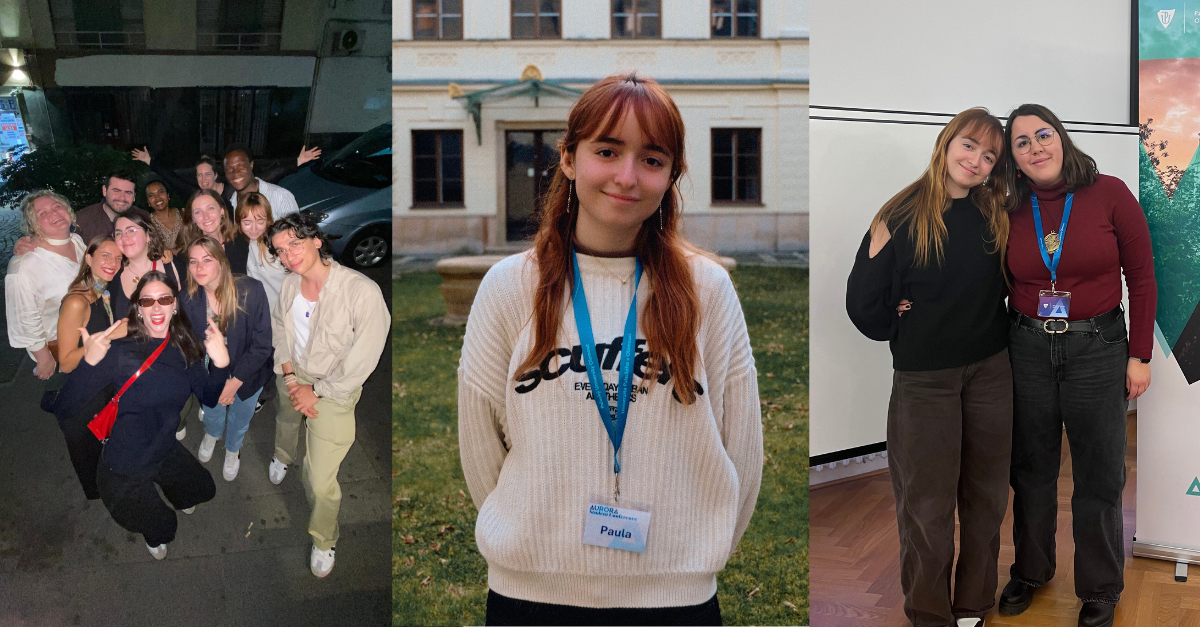




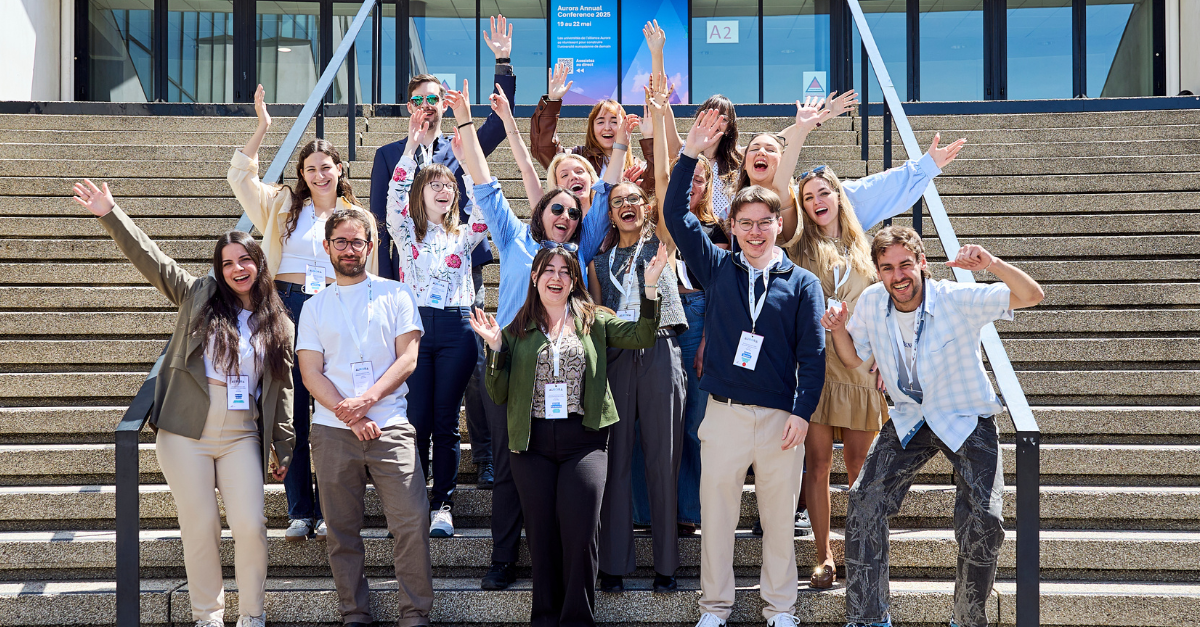


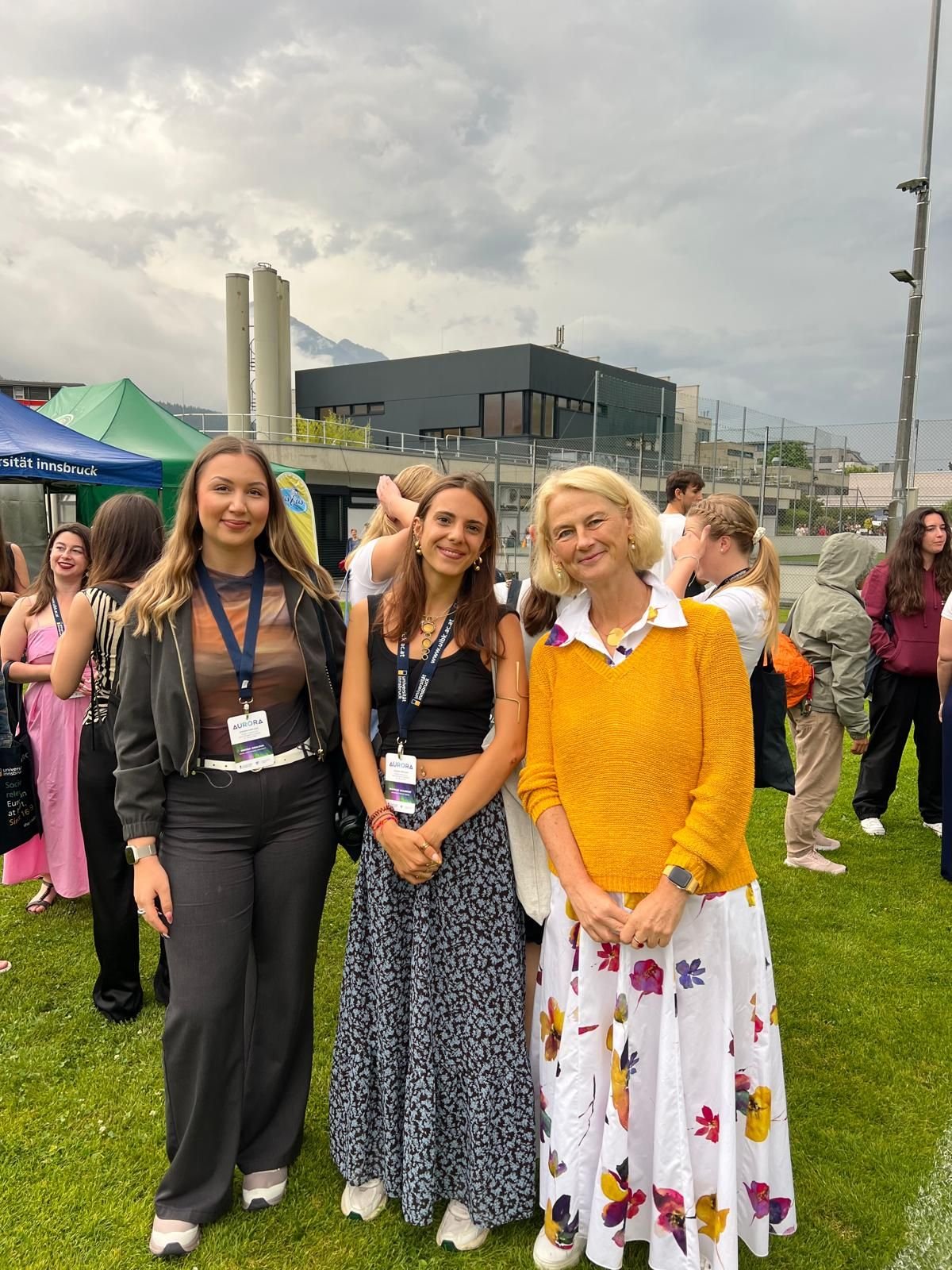

 Eliška Karasová (MA student at
Eliška Karasová (MA student at 


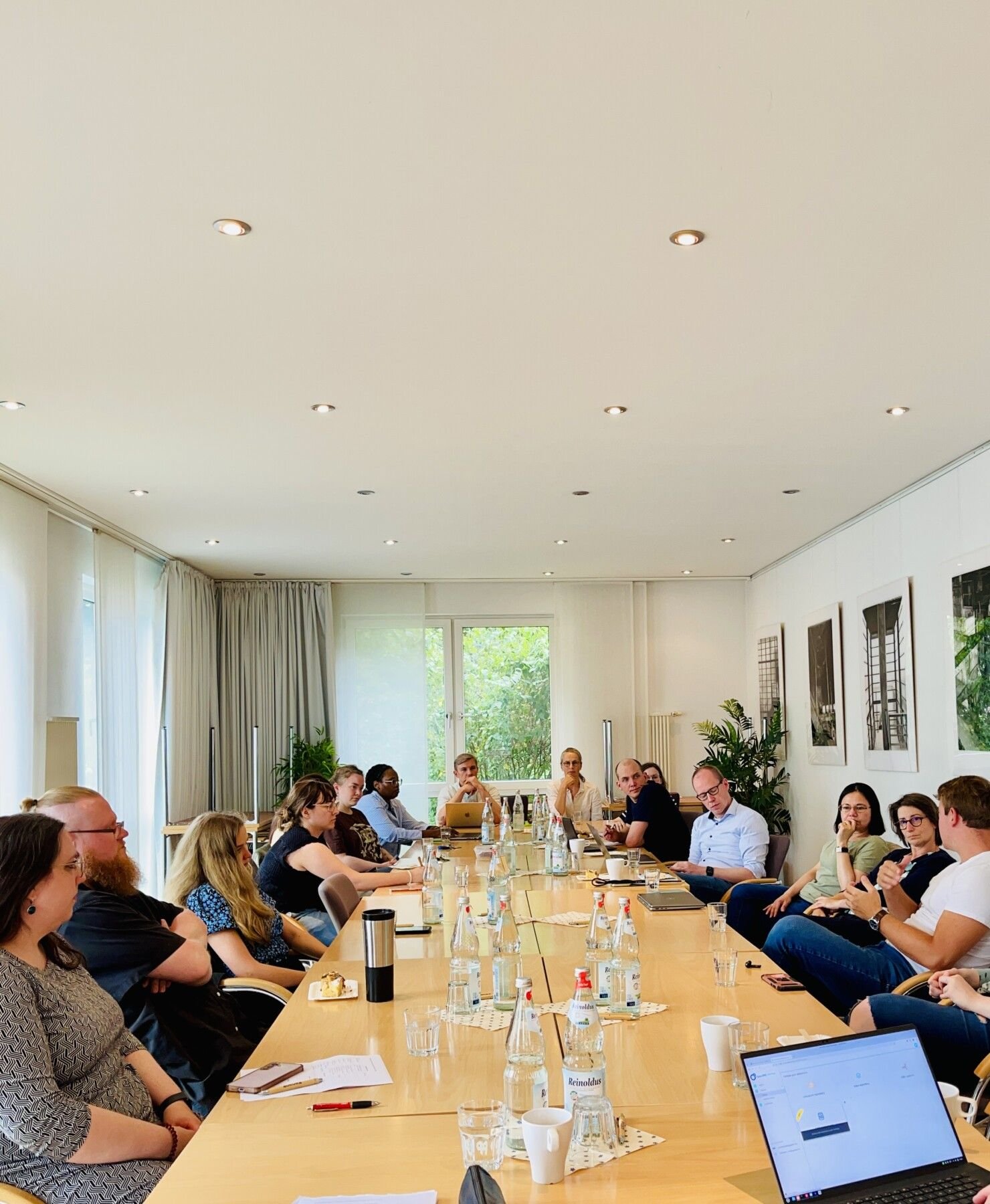
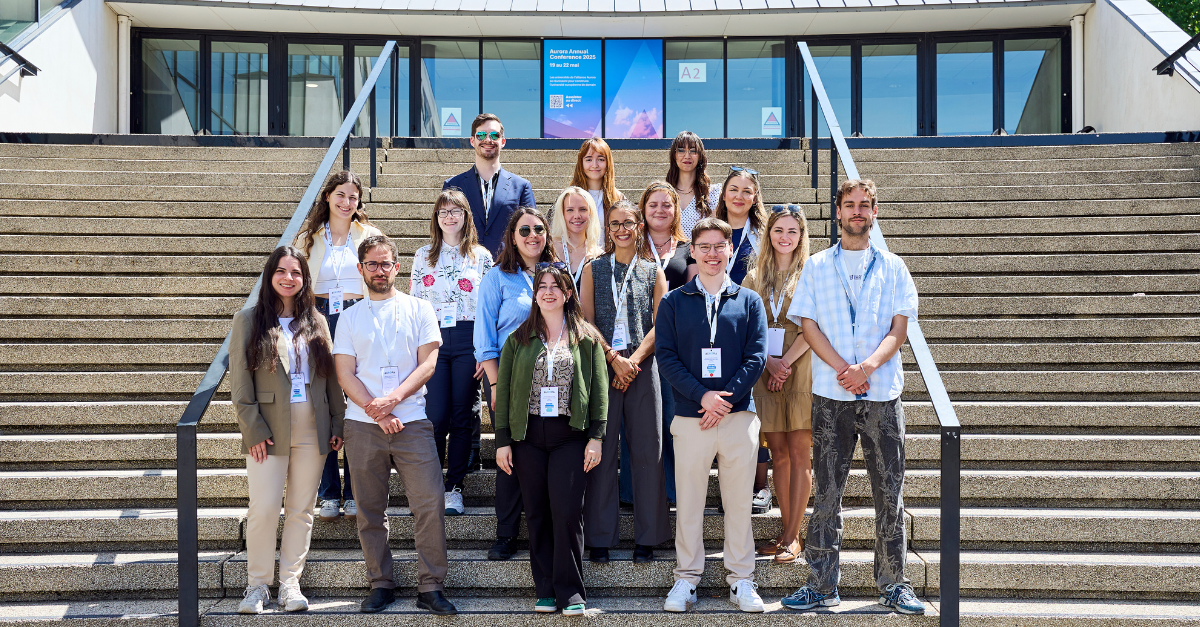





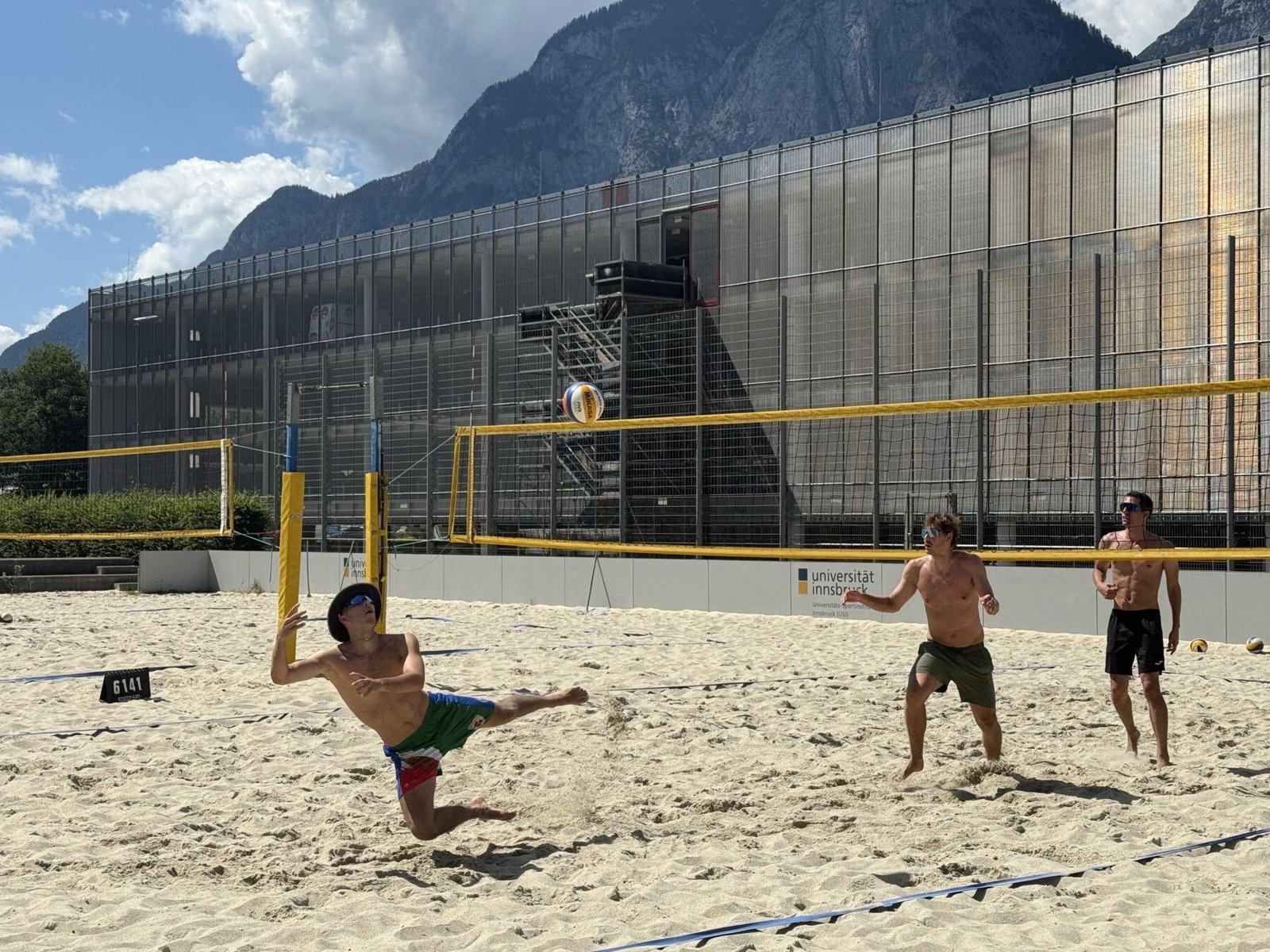
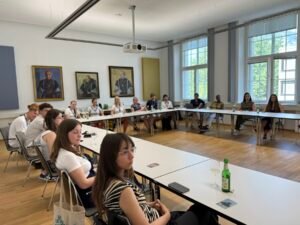
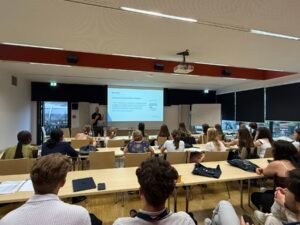
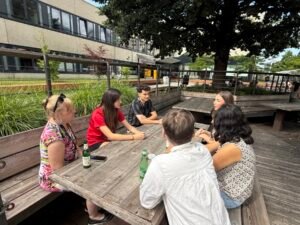
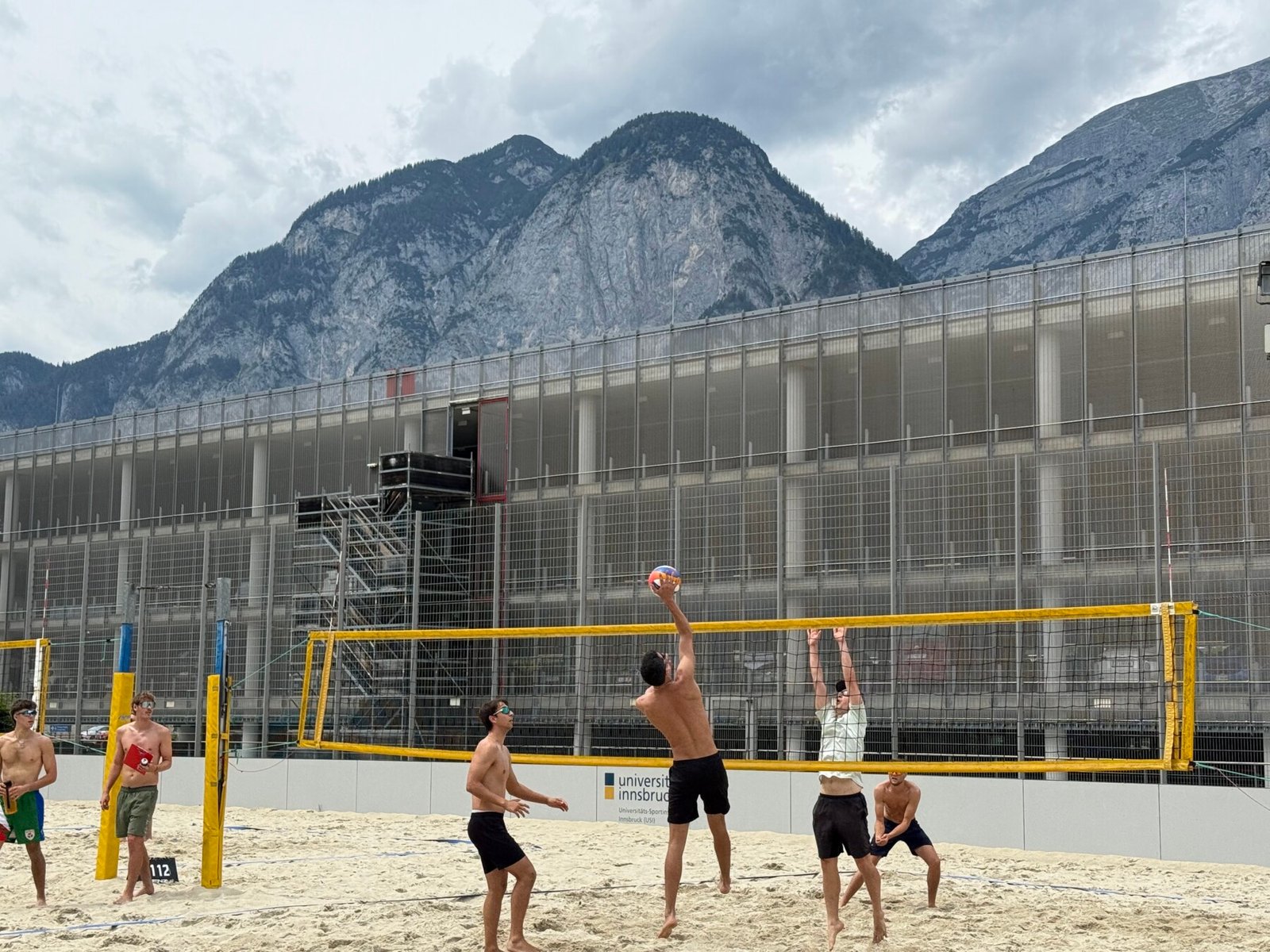
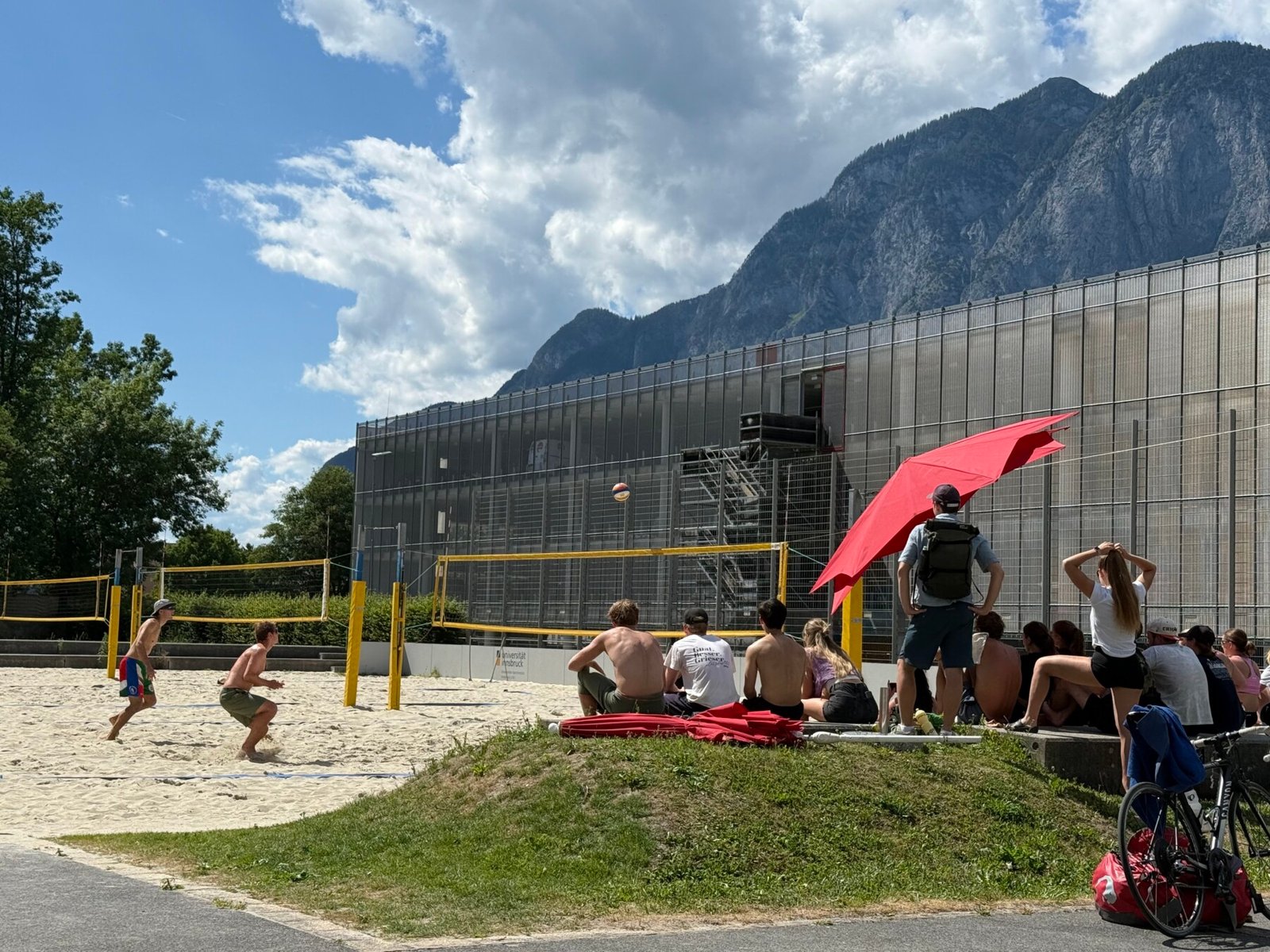
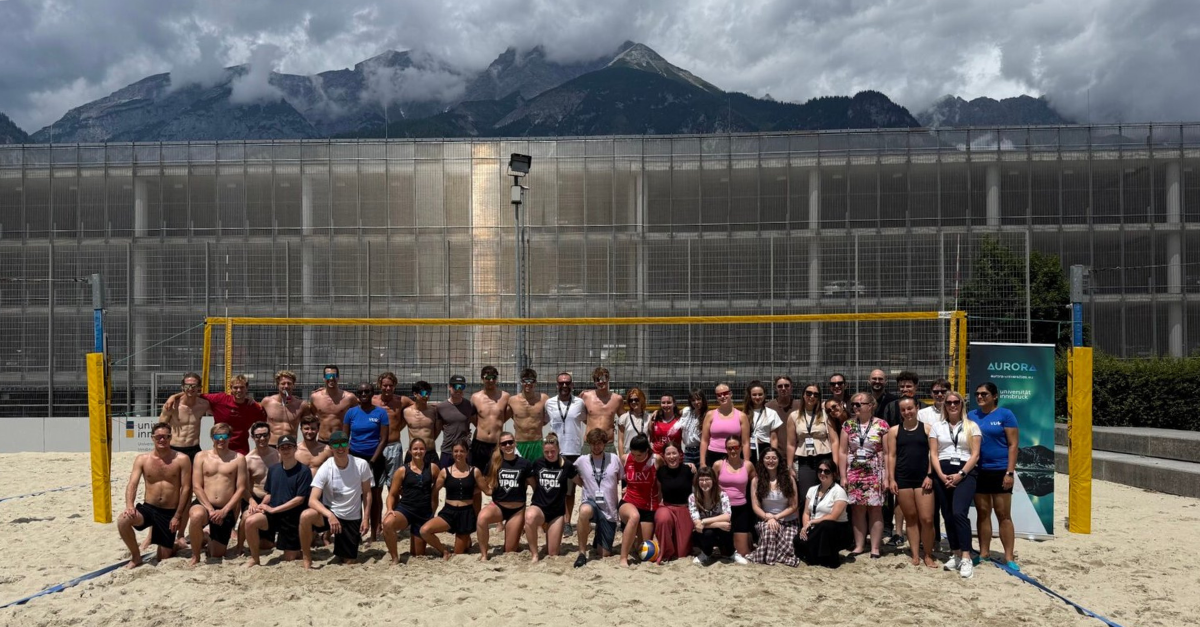
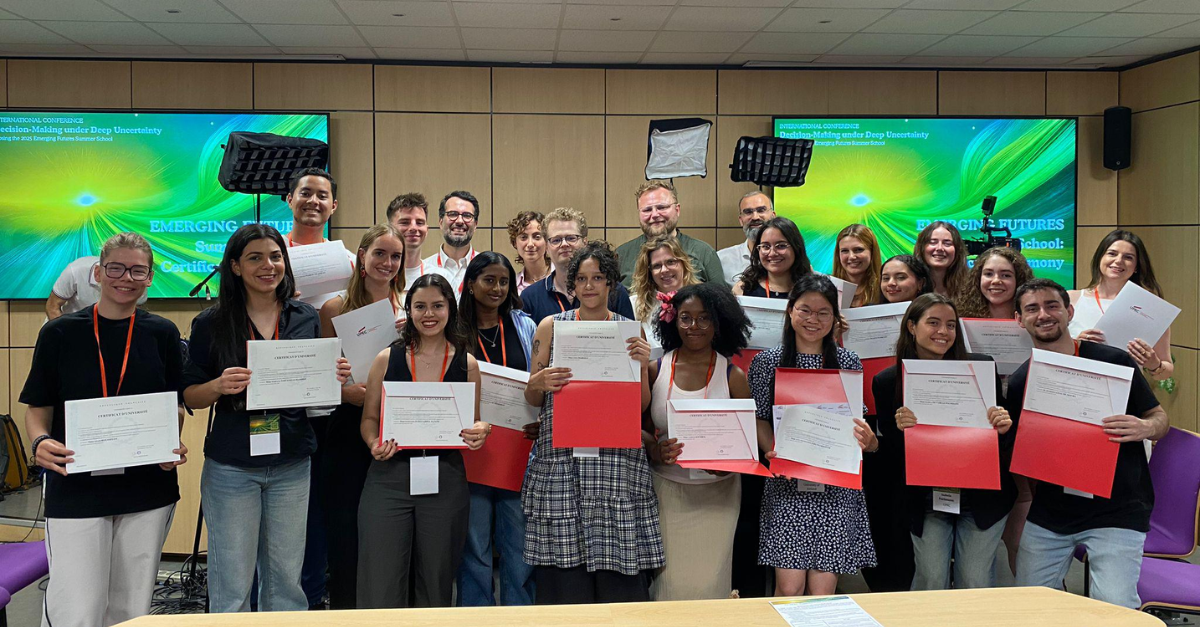



 Landmark international conference on “Decision-Making under Deep Uncertainty”
Landmark international conference on “Decision-Making under Deep Uncertainty” Building memorable connections at the Emerging Futures Summer School 2025
Building memorable connections at the Emerging Futures Summer School 2025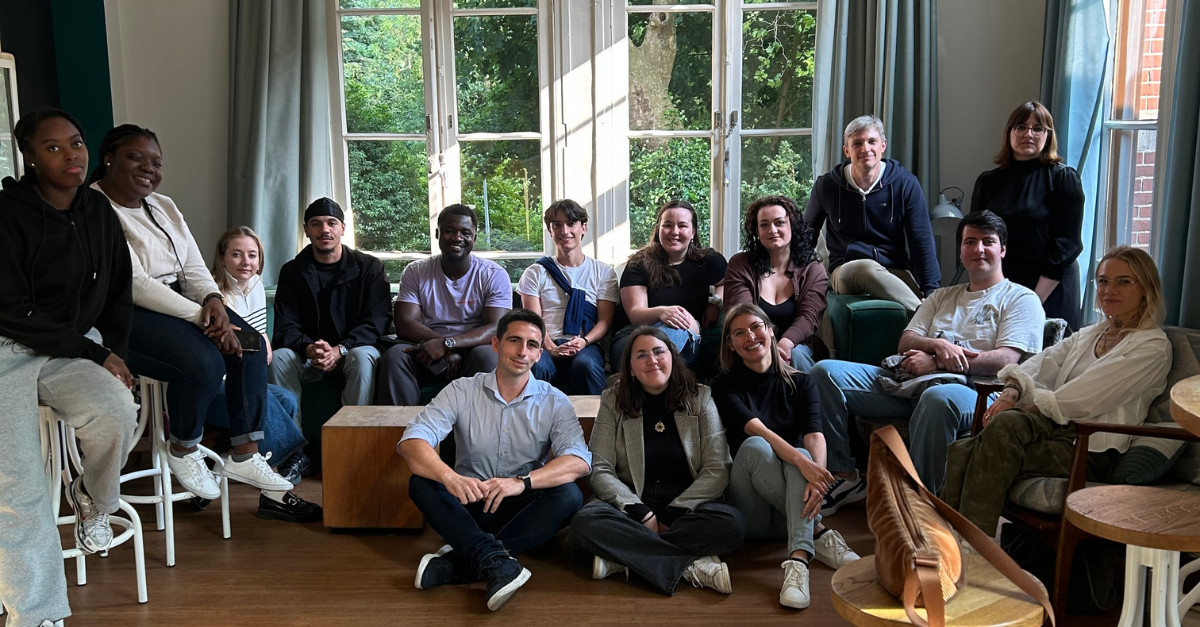
 Instructors, staff and students in the Challenges in Europe course at Vrije Universiteit Amsterdam
Instructors, staff and students in the Challenges in Europe course at Vrije Universiteit Amsterdam